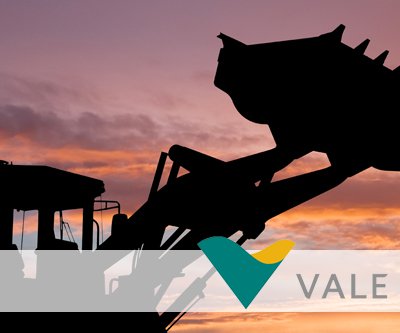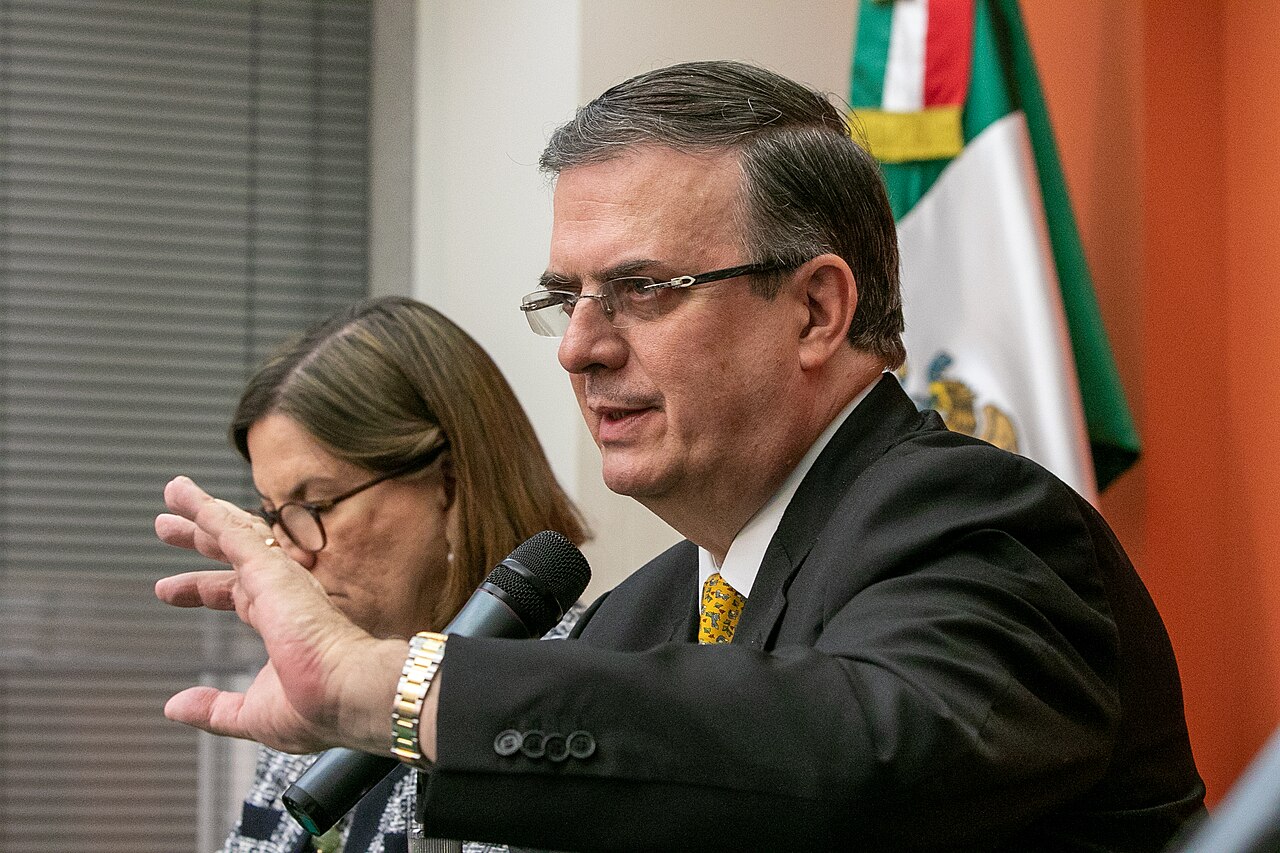Investors are finally seeing value in deal-hungry super-profitable Brazilian giant Vale

With a new government-backed CEO, a capex budget and acquisition war chest that dwarfs others, record net profits, a very generous dividend policy, strong fundamentals in its core business, aggressive expansion into high-growth areas and regions – notably potash and Africa – and a stock that looks downright cheap next to its peers, what is not to like about Vale?
After slumping to an 8-month low less than a month ago it now seems investors are finally beginning to warm to the the diversified Brazilian miner. In the month since Murilo Ferreira has been head, the planet’s third most valuable mining company has risen against the other supermajors and outperformed the broader market by 7%.
Goldman Sachs brought out an exceedingly positive report and predicted the iron ore price to stay elevated levels after the CEO announcement was made and is one of the ten (out of 15 analyst firms) that rate Vale SA as a strong buy according to Nasdaq data with a consensus 12 month price target of $43. On Thursday Vale was trading at $29.60 valuing the company at $161.4bn and the counter’s 52-week high sits at $37.25. A number of analysts have upped earnings estimates and expect earnings to grow 63.3% compared to 22.8% at BHP and just over 30% at Rio Tinto. The company’s price-earnings ratio is an undemanding 5.69 and compared to BHP’s 16.2 it is downright cheap.
There are high hopes for Ferreira as he is seen as better able to deal with the Brazilian government and powerful shareholders in the form of pension funds linked to state institutions and the state-owned development bank that own Valepar SA, the company that controls Vale. Ferreira is also seen as more diplomatic than his predecessor and in a good position to manage Vale’s acquisition strategy. Businessweek quotes a former Vale exec as saying that Ferreira as ex-chief of the company’s Canadian nickel operations “felt first-hand the very different cultures that Vale has to learn if they are to be successful in their overseas developments.”
The company boasts the largest capital budget in the industry with planned investment of $24bn during 2011, a target first announced last year and which it has stuck to even as other resource giants started to pull back. And while it is most closely associated with iron ore as the world’s largest producer, metallurgical coal and other metals used in the steelmaking process, it is aggressively expanding into other areas, most notably potash.
Last year it bought Brazilian fertilizer producers Fosfertil and Bunge and other assets for a total of $5.8bn and has plans to spend $2.5bn in Saskatchewan on potash-related assets as part of an overall $10bn expansion in Canada (it already owns nickel miner Inco). New CEO Ferreira said the company will list Vale Fertilizantes separately before the end of 2011. Vale’s stated goal is to become the world’s leading potash producer by 2015.
MINING.com reported on Wednesday that the group plans to spend over $12bn on investments in Africa over the next five years. Some of the company’s biggest African projects are in Portuguese-speaking Mozambique: its $1.7bn Moatize coal mine opened last month and the company is in the final stages of taking over Johannesburg-listed Metorex, a cobalt and copper producer, for $1.1bn.
Vale is also planning investment of some $22bn with partners in its home country following government criticism of Ferreira’s predecessor for not doing enough to boost the development of Brazilian industry. Dow Jones Newswires reported on Wednesday Brazil’s steel sector has been shaken up since mining giant Vale SA started building its first steel mill, bringing in new foreign partners and triggering a bitter fight over manpower and customers.
The Brazilian miner reported record net profit for the quarter of 2011 of $6.83bn compared to a $1.6bn profit in the same quarter of 2010. MINING.com reported in February Vale was the most profitable mining company in 2010 with annual net income of US$17.3bn, or $3.25 per share, on operating revenue of $46.5bn. The company proposed a minimum dividend payout of $4.0bn for 2011 on top of a special dividend distributed in February of $1bn.
{{ commodity.name }}
{{ post.title }}
{{ post.date }}




Comments